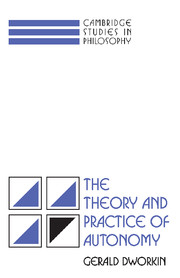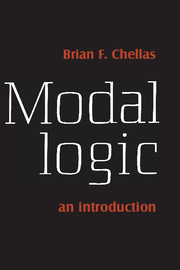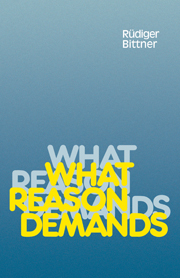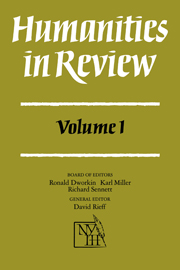The Theory and Practice of Autonomy
This important new book develops a new concept of autonomy. The notion of autonomy has emerged as central to contemporary moral and political philosophy, particularly in the area of applied ethics. professor Dworkin examines the nature and value of autonomy and uses the concept to analyse various practical moral issues such as proxy consent in the medical context, paternalism, and entrapment by law enforcement officials.
Reviews & endorsements
"This is a stimulating, controversial, and often witty book. The theoretical discussions are lucid; the chapters on practical problems are refreshingly sensitive to the intransigence of moral dilemmas. Most exciting of all is the final chapter, where Dworkin makes brief yet tantalizing reference to further themes, which we must hope he will soon explore in greater depth." The Times Higher Education Supplement
Product details
August 1988Paperback
9780521357678
188 pages
214 × 139 × 18 mm
0.232kg
Available
Table of Contents
- Preface
- Acknowledgments
- Part I. Theory:
- 1. The nature of autonomy
- 2. The value of autonomy
- 3. Moral autonomy
- 4. Autonomy, science, and morality
- 5. Is more choice better than less?
- Part II. Practice:
- 6. Consent, representation, and proxy consent
- 7. Autonomy and informed consent
- 8. Paternalism: some second thoughts
- 9. The serpent beguiled me and I did eat: entrapment and the creation of crime
- 10. Behaviour control and design
- Epilogue
- Bibliography
- Index.








